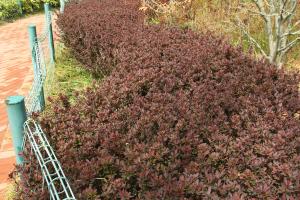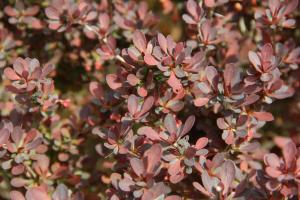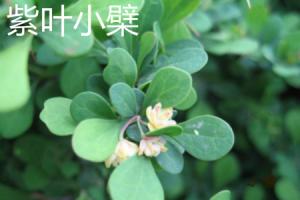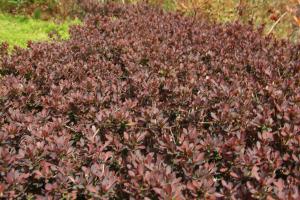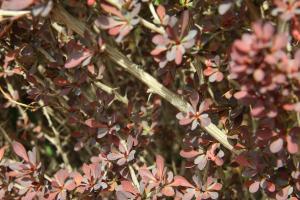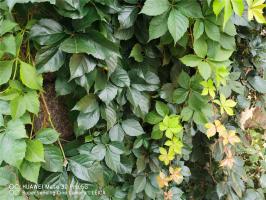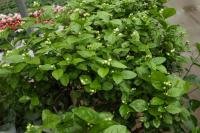Berberis amurensis is now cultivated in major cities in China. It is an excellent foliage plant. It is mostly used for garden planting. The cool and humid environment is suitable for its growth. It likes light, cold, drought and shade, but is not resistant to water logging. It grows well in fertile, deep and well drained soil The propagation of Berberis amurensis mainly adopts cutting method, but also can be divided and sown
Planting of Berberis amurensis
Berberis amurensis has strong adaptability and vitality, so extensive management is enough. Potted plants are usually divided into pots or transplanted into pots in spring. If they can be transplanted with soil, it is more conducive to recovery. Berberis amurensis has strong adaptability, cold and drought tolerance. Like a cool and humid environment with plenty of light, but also resistant to semi shade. Sandy loam with good drainage is suitable for its growth. Berberis amurensis has no strict requirements on water, but attention should be paid to proper water control. Too wet soil in seedling stage will cause rotten roots in midsummer, Berberis amurensis needs to be placed in semi shade for maintenance; The principle of seeing dry and seeing wet shall be mastered for watering. Although Berberis amurensis is drought tolerant, long-term drought is not conducive to its growth. Therefore, when it is dry at high temperature, it needs to be cooled and humidified by spraying water. It can be transplanted in spring or autumn, and the root system with soil lump is better
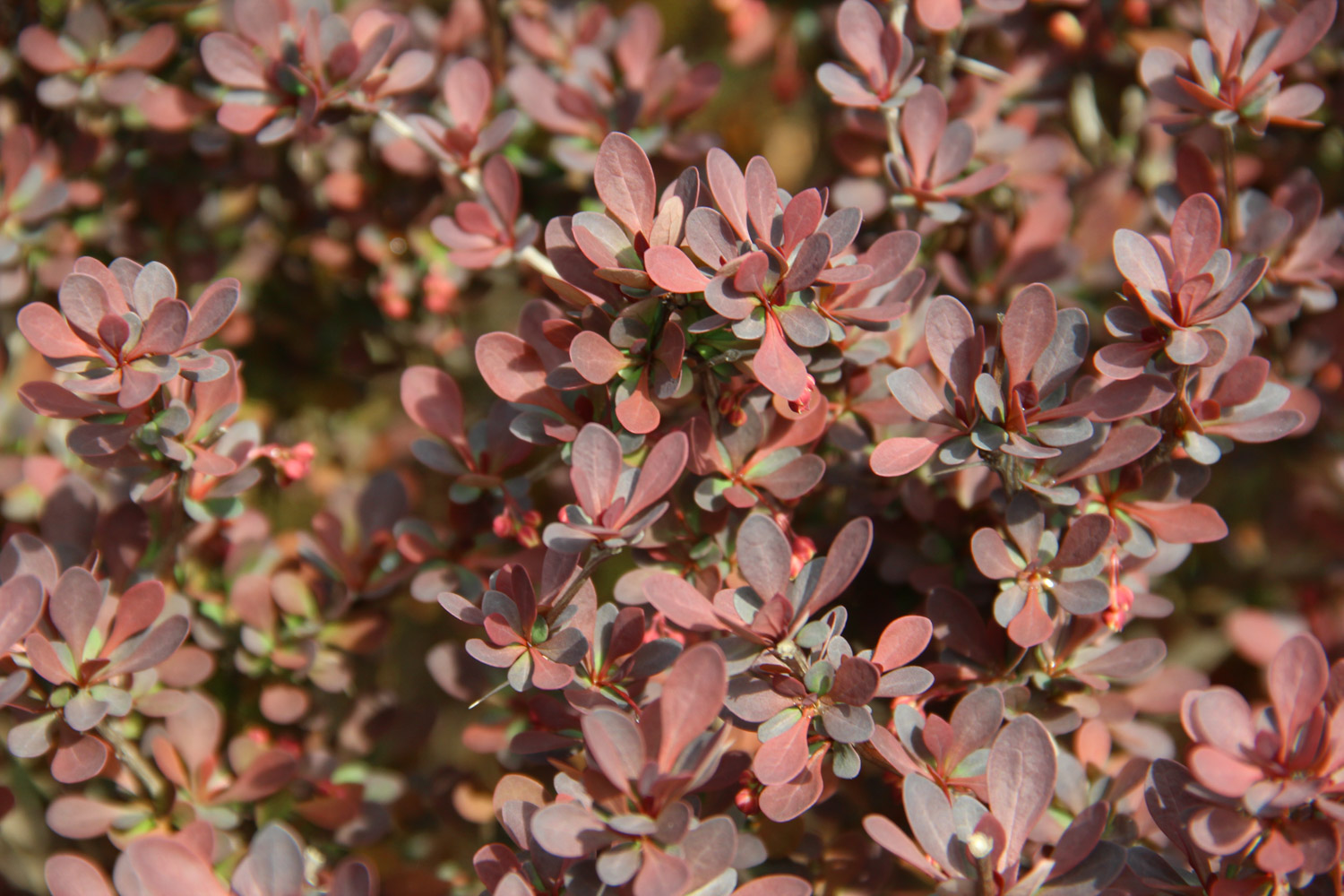
Pruning and pruning of Berberis amurensis
Berberis purpurea has strong sprouting and tillering, so proper pruning can be carried out during colonization to promote new branches. Sparse and over cut branches or truncated long branches before winter or early spring can make the whole plant shape perfect
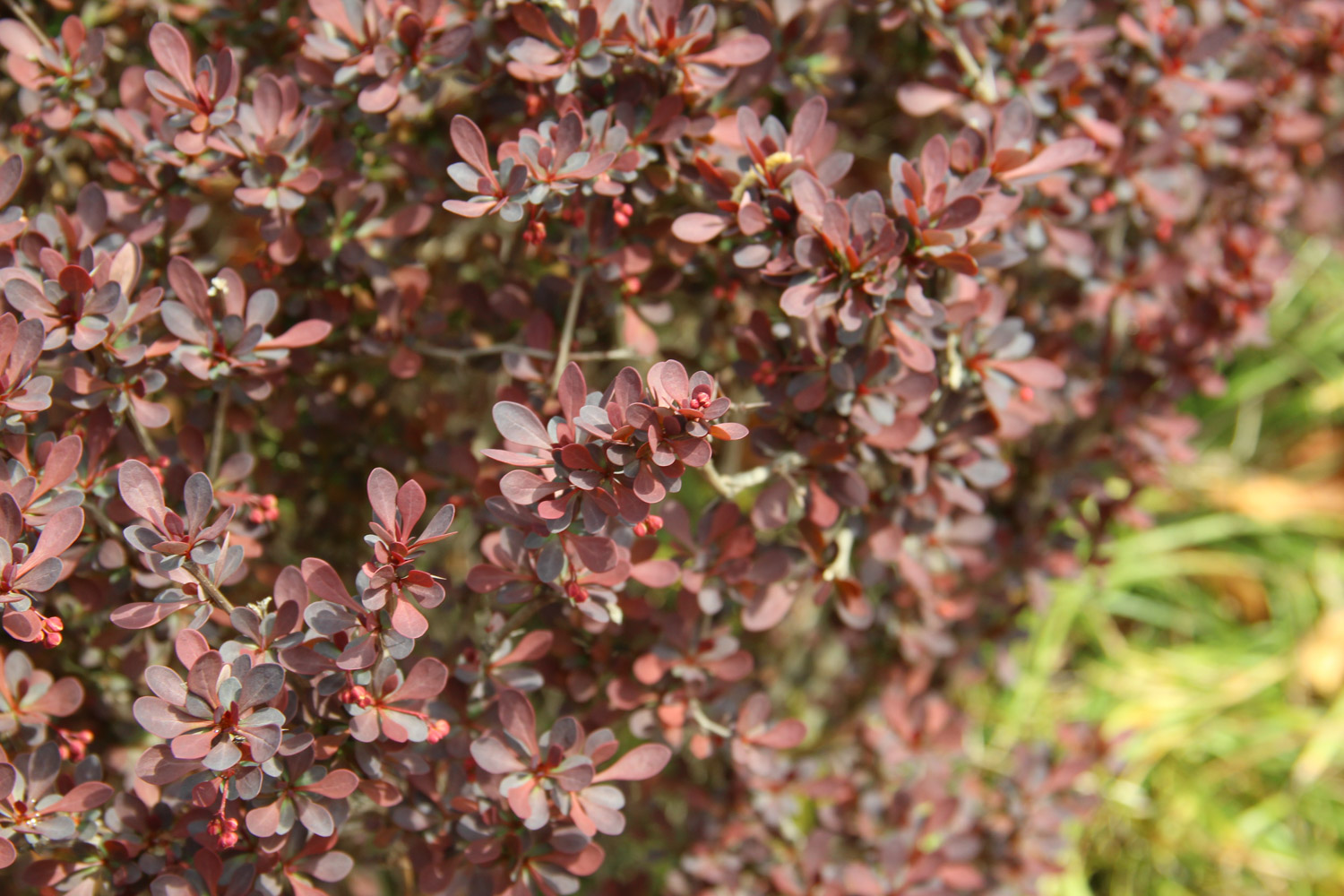
Disease control of Berberis amurensis
the most common disease of Berberis amurensis is powdery mildew. Once infected with powdery mildew, it will cause the branches and leaves to wither, affect the ornamental, and the liquid is not conducive to the growth of the whole plant. In addition, powdery mildew spreads very fast, so once found, it should be disposed of immediately. Triadimefon diluted 1000 times can be sprayed on the leaves once a week for 2-3 consecutive times, which can basically control the disease
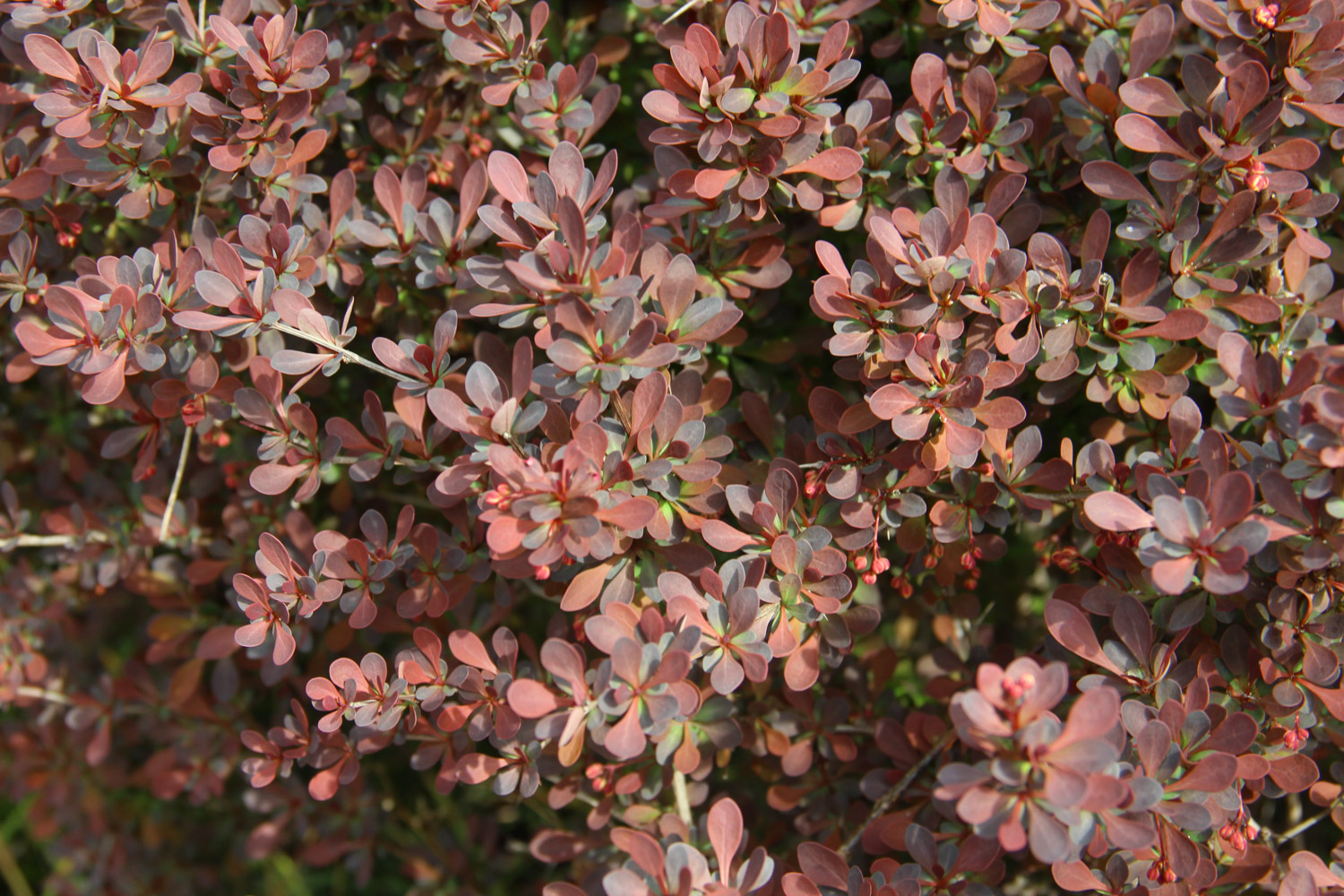




 jackfruit
jackfruit snake plant
snake plant hibiscus
hibiscus hydrangea
hydrangea lavender
lavender Green roses climb al...
Green roses climb al... If you don't pay att...
If you don't pay att... Management of four g...
Management of four g...